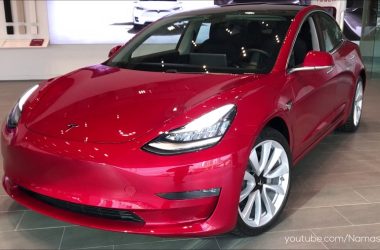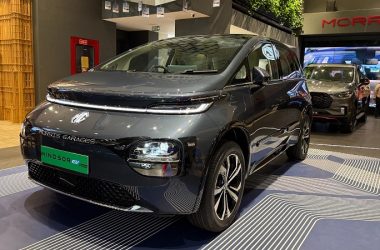New Delhi — In a decisive push towards a cleaner and more sustainable future, the Government of India has rolled out a comprehensive suite of incentives aimed at accelerating the growth of electric vehicles (EVs), their components, and supporting infrastructure. The move is expected to draw major players into the EV sector, unlocking long-term viability and fostering rapid innovation.
The announcement came via a written reply in the Lok Sabha today by Minister of State for Steel and Heavy Industries, Bhupathiraju Srinivasa Varma. He emphasized that the government’s multi-pronged strategy is designed not only to promote domestic manufacturing but also to establish India as a global hub for advanced EV technology.
Here’s a breakdown of the major initiatives powering this transformation:
🔧 PLI-Auto Scheme (Approved on September 15, 2021):
With a budgetary outlay of ₹25,938 crore, this Production Linked Incentive (PLI) scheme targets the automobile and auto components industry, aiming to bolster India’s capacity to manufacture Advanced Automotive Technology (AAT) products.
⚡ FAME India Phase-II (Launched April 1, 2019):
With ₹11,500 crore allocated, the Faster Adoption and Manufacturing of (Hybrid &) Electric Vehicles scheme incentivizes electric two-wheelers, three-wheelers, four-wheelers, buses, and public charging stations, promoting mass-scale EV adoption.
🔋 PLI for Advanced Chemistry Cell (ACC) Battery Storage (Approved May 12, 2021):
₹18,100 crore has been earmarked to support domestic manufacturing of 50 GWh of ACC battery storage systems—critical for reducing dependence on imports and enhancing battery innovation.
🚀 PM E-DRIVE Scheme (Notified September 29, 2024):
With an outlay of ₹10,900 crore, this initiative focuses on a wide array of electric vehicles including e-trucks, e-buses, e-ambulances, and the upgradation of vehicle testing facilities, ensuring quality and safety in the EV ecosystem.
🚌 PM e-Bus Sewa – PSM Scheme (Notified October 28, 2024):
A massive ₹34,333 crore package supports deployment of over 38,000 electric buses. The payment security mechanism safeguards e-bus operators against defaults by public transport authorities, ensuring financial stability.
🚗 SPMEPCI Scheme (Notified March 15, 2024):
The Scheme for Promotion of Manufacturing of Electric Passenger Cars in India mandates a minimum investment of ₹4,150 crore, aiming for 25% Domestic Value Addition (DVA) by year three, and 50% by year five, further deepening the ‘Make in India’ mission.
With these robust measures, the government hopes to attract investment, spur innovation, and drive job creation in the electric mobility sector. Experts believe this could mark a turning point for India’s green transition, positioning the country as a front-runner in the global EV race.
As the EV revolution gains momentum, the roadmap laid out by the government signals a future where clean transportation is not just an aspiration, but an accessible and sustainable reality for millions.








